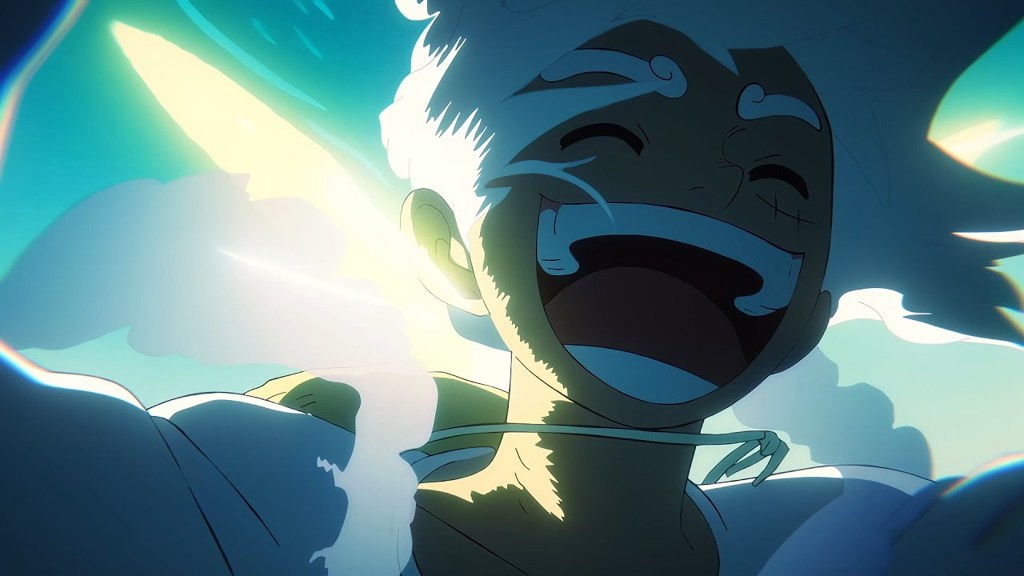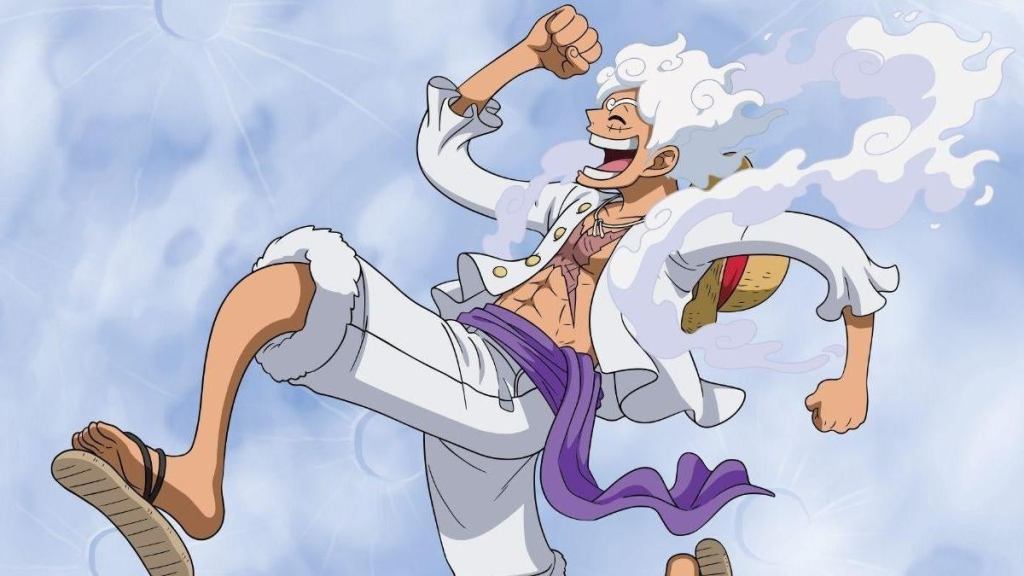
As one of the longest-running anime and manga series, One Piece has its fair share of ups and downs. But if there’s one thing that’s consistent about the show, it’s how Eiichiro Oda finds new ways to make us like the main character more than ever. Thanks to his cheerful personality, on the surface, it seems Luffy is the same as he has been since Chapter 1. However, while his growth is subtle, it’s persistently there, as he evolves with each battle that teaches him about the world and his role in it. Even though One Piece is an action shonen, it doesn’t always focus on the fights, but the lore centers around the main character.
Luffy grows throughout the story, but doesn’t lose himself in the process, even after witnessing his brother’s horrifying death. He stumbled and fell, but got back up sooner than ever. Luffy has always been a charismatic character, and the fact that he hasn’t had a single inner monologue (showing his thoughts to the readers/viewers) in all these years makes him even more intriguing. In fact, Oda carefully crafted Luffy’s character and made it such that he wouldn’t need a monologue in the first place. And the reason behind it is as simple as it can get.
One Piece’s Luffy Is Honest to a Fault

Luffy wears his heart on his sleeve, and that’s the only reason why he doesn’t need an inner monologue. It reflects who he is; he’s not someone who thinks twice before taking an action, and even as a pirate, he hates dishonesty and deception. The guy can’t even lie properly, even if his life depends on it. Instead of overthinking something, he always expresses himself through his actions. He reacts, shouts, and sometimes even blurts out the wrong thing at the wrong time, which, interestingly enough, is one of the strongest foundations of his entire personality. In the absence of an inner monologue in One Piece, Luffy often thinks out loud or merely sings (badly) to fill the silences.
Unlike most characters who conceal their feelings, hide their fears and vulnerabilities, Luffy doesn’t shy away from expressing his emotional transparency. He doesn’t need to narrate his internal journey because he lives it and makes the best of it. Luffy seems like a rather simple character, but he’s complex in a subtle way, as he often showcases his emotional intelligence and unwavering moral compass. He isn’t deterred by the insular behaviour of his crewmates, such as when discovering Nami’s past or Robin’s trauma; he’s simply decided to do what he sees fit and get rid of the ones causing them pain.
He has an incredible instinct for reading people, and one of his most defining traits is his ability to trust even morally gray or seemingly evil characters when others wouldn’t. Luffy instinctively knows who to trust; that has been the case since before he met Zoro. That’s also the case with Robin, Bon Clay, Franky, Hancock, and many others he met along the way.
Luffy Is the Embodiment of Freedom and Having an Inner Monologue Would Take That Away

The core themes of One Piece, such as freedom, turning imagination into reality, defiance against injustice, and staying true to yourself, are all carried by Luffy in such a flamboyant way that he simply shines in front of other characters. If he had to think about his actions, analyze the situation before making a move, and be restricted by his own thought process, he wouldn’t be able to become the freest man in the world. For him, there’s no greater treasure than living life without being bound to anything.
Luffy doesn’t seek to become the King of the Pirates for wealth, fame, or power; he simply wants to live without restriction. And he knows he can’t achieve his dream without acquiring everything Gol D. Roger did. Even his powers scream the most important theme of the story – freedom in truest form, as Nika, the Sun God, Warrior of Liberation. Unlike others, Luffy doesn’t need a grand reason to fight someone. If they do some injustice, hurt his friends, or piss him off, he will do what it takes to set things right.

And yet, at the same time, he knows when to pull his punches, just like he did in Jaya against Bellamy. That’s how Luffy has also fought, and slowly his power evolves into the very thing he has always chased after. There’s nothing that screams more freedom than the form of Sun God Nika himself. So, Luffy not having an inner monologue in One Piece engages the audience to understand him, not through his thoughts, but through his actions and humanity.
The post One Piece’s Luffy Doesn’t Have an Inner Monologue For a Simple Reason appeared first on ComicBook.com.

